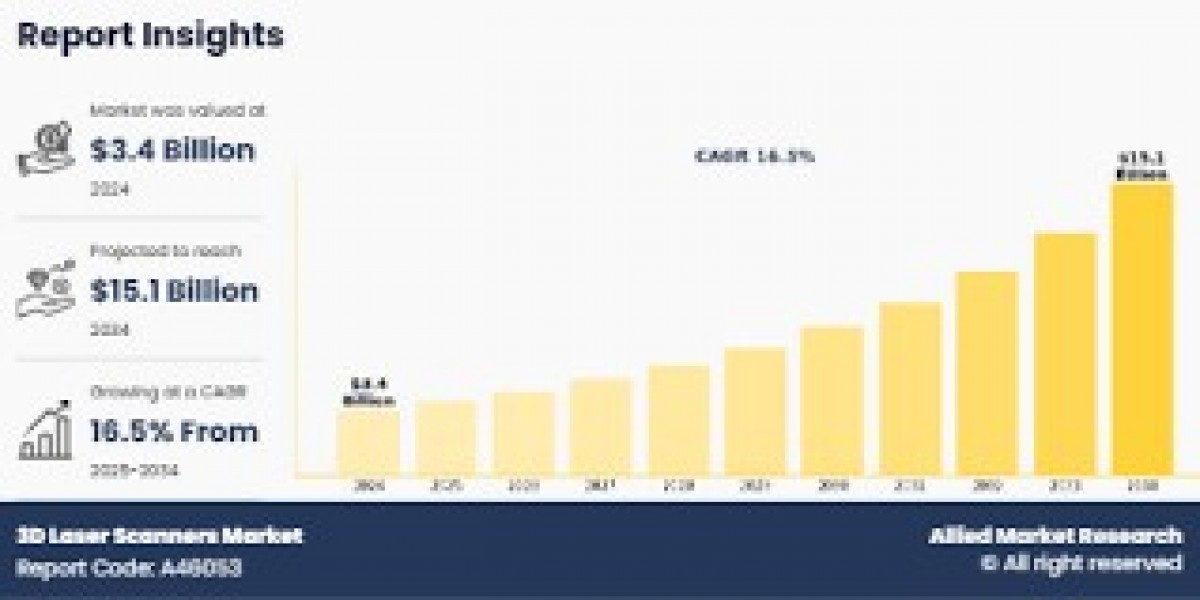Healthcare Supply Chain Management Undergoes Transformation Amidst Evolving Needs
The healthcare supply chain is experiencing a significant evolution, driven by technological advancements, increasing demand for efficiency, and a growing focus on resilience. Recent news highlights several key trends shaping the future of how medical supplies and pharmaceuticals reach patients.
Key Developments and Trends:
- Technology Integration for Enhanced Visibility: A major focus is on leveraging technology to gain real-time visibility across the entire supply chain. Solutions incorporating AI, IoT, and blockchain are being implemented to track inventory, monitor conditions of sensitive goods like vaccines, and improve overall transparency from manufacturer to patient.
- AI and Machine Learning for Optimization: Artificial intelligence and machine learning are playing an increasingly crucial role in forecasting demand, optimizing inventory levels, predicting potential disruptions, and even aiding in procurement processes. These technologies help healthcare organizations make data-driven decisions, reduce waste, and improve cost-efficiency.
- Focus on Resilience and Diversification: Learning from past disruptions, there's a growing emphasis on building more resilient supply chains. This includes diversifying sourcing options, increasing local production where feasible, and developing contingency plans to mitigate risks from geopolitical issues or other unforeseen events.
- Emphasis on Last-Mile Delivery and Accessibility: Ensuring timely and efficient delivery of medical supplies to the point of care, including patients' homes, is gaining importance. Innovations in logistics and partnerships are being explored to improve last-mile operations and enhance accessibility, especially in remote areas.
- Sustainability Initiatives: The healthcare sector is also recognizing the need for more sustainable supply chain practices. This includes exploring environmentally friendly packaging, reducing transportation emissions, and promoting responsible sourcing of materials.
- Collaboration and Data Sharing: Greater collaboration among stakeholders, including manufacturers, distributors, hospitals, and technology providers, is seen as essential for optimizing the supply chain. Secure data sharing platforms are being developed to improve communication and coordination.
- Addressing Labor Shortages: The healthcare supply chain is also facing challenges related to labor shortages. Technology and automation are being explored to streamline tasks and improve efficiency, helping to alleviate some of these pressures.
- Regulatory Scrutiny and Compliance: Maintaining compliance with stringent regulations in the healthcare industry remains a top priority. Technology solutions that aid in tracking and documenting the movement and condition of medical products are crucial for ensuring patient safety and regulatory adherence.
Recent News Snippets:
- Reports indicate a growing market for healthcare supply chain management solutions, with increasing investments in AI-powered platforms for better forecasting and inventory management.
- Several initiatives are underway to strengthen domestic drug production and reduce reliance on international supply chains for critical medications.
- Hospitals are exploring partnerships with logistics companies and investing in technology to improve the efficiency and reliability of their supply chains.
- New software solutions are being launched to provide end-to-end visibility and real-time tracking of medical supplies, enhancing accountability and reducing delays.
Overall, the healthcare supply chain is in a dynamic phase of transformation, driven by the need for greater efficiency, resilience, and patient-centricity. Technological innovation and strategic collaborations are key to navigating the complexities of this critical sector and ensuring the seamless delivery of healthcare goods.








